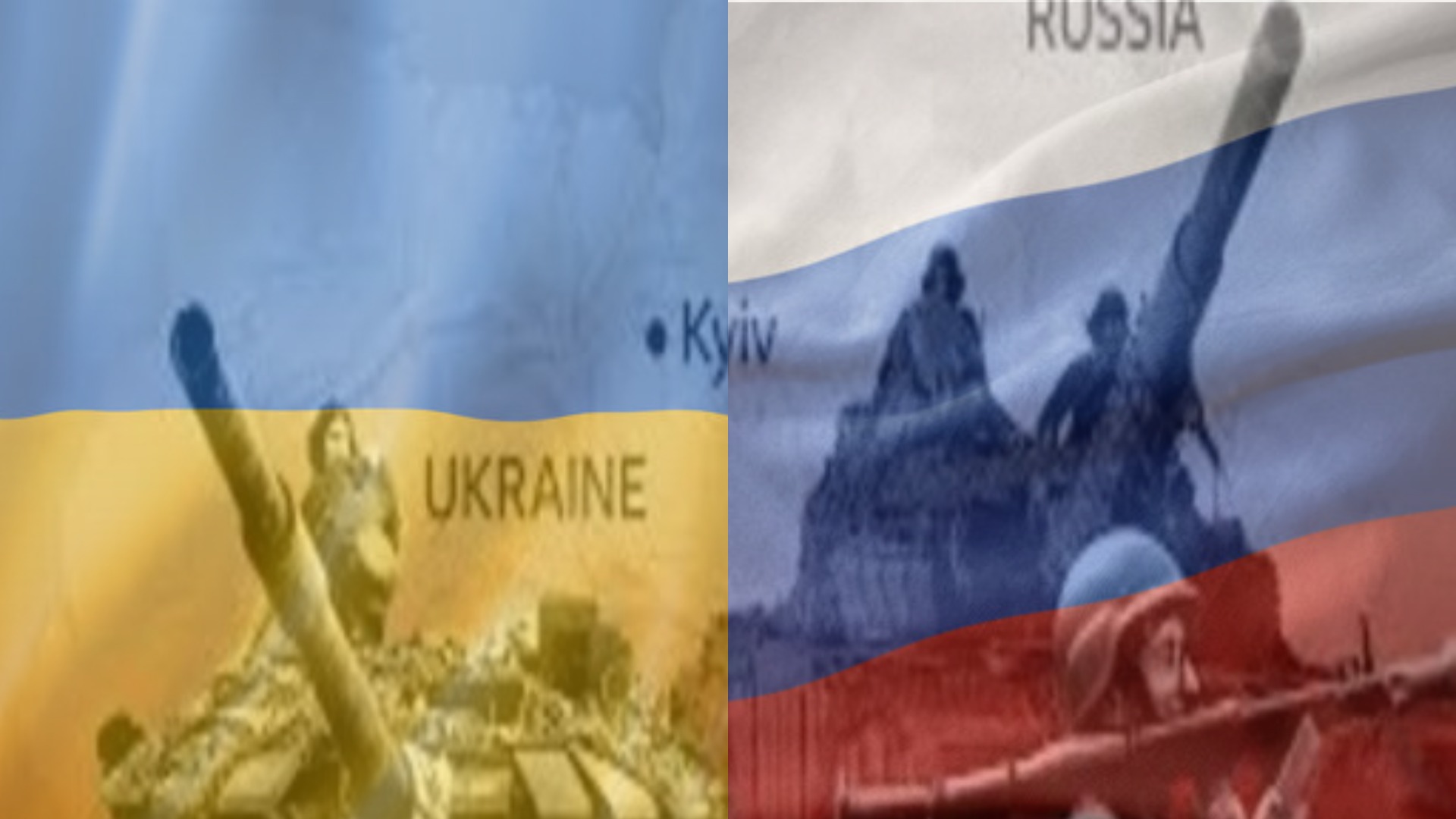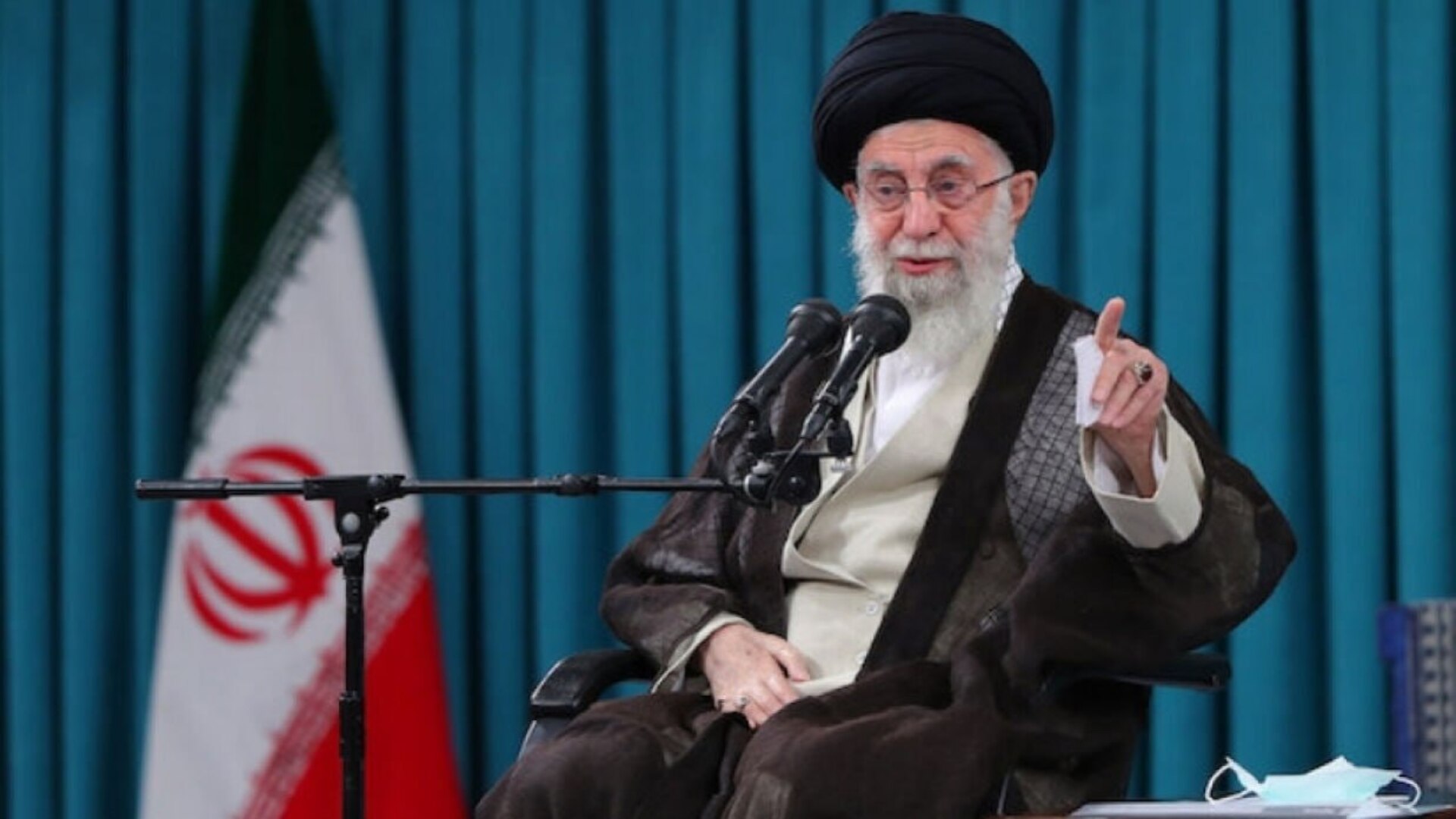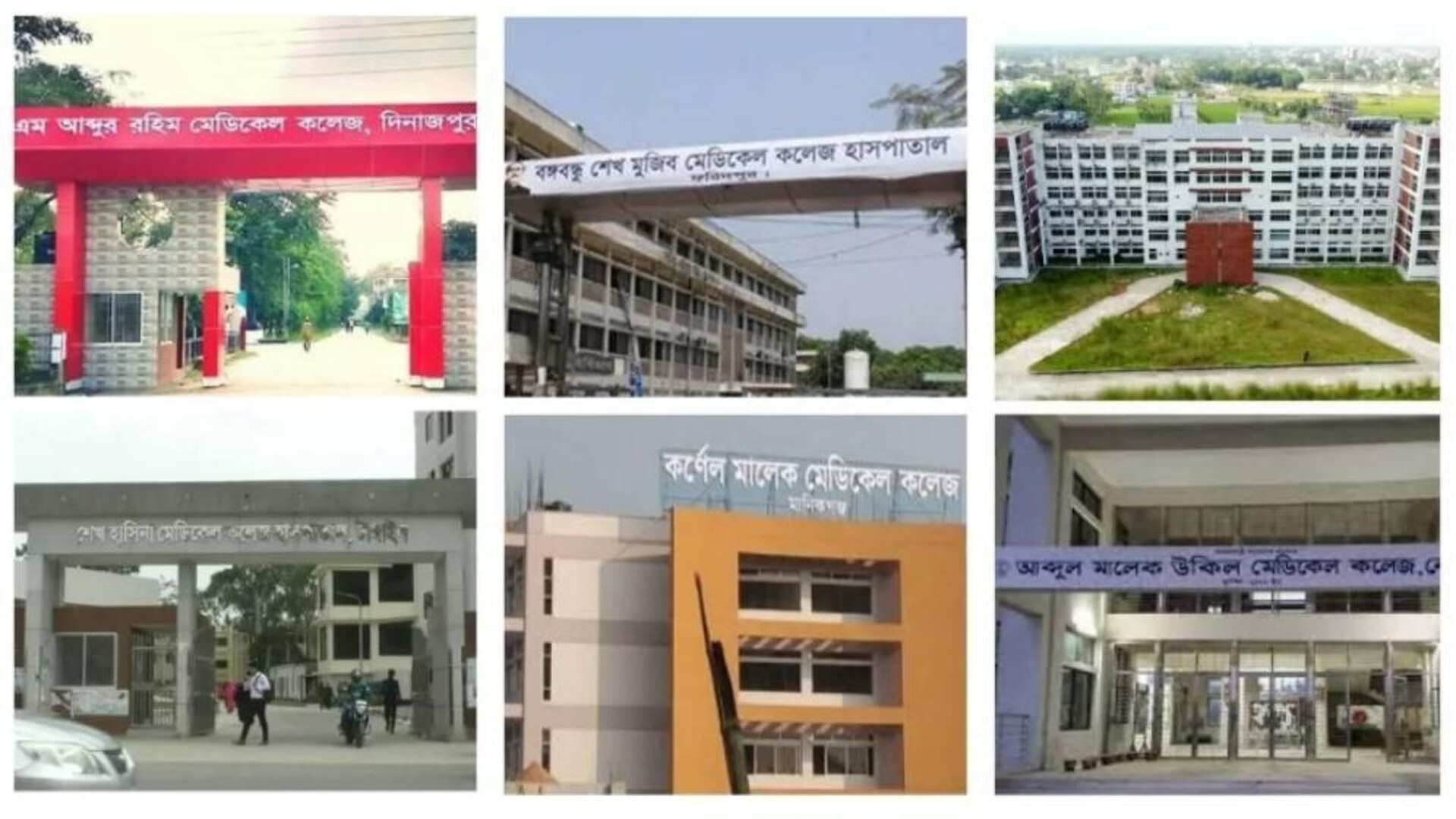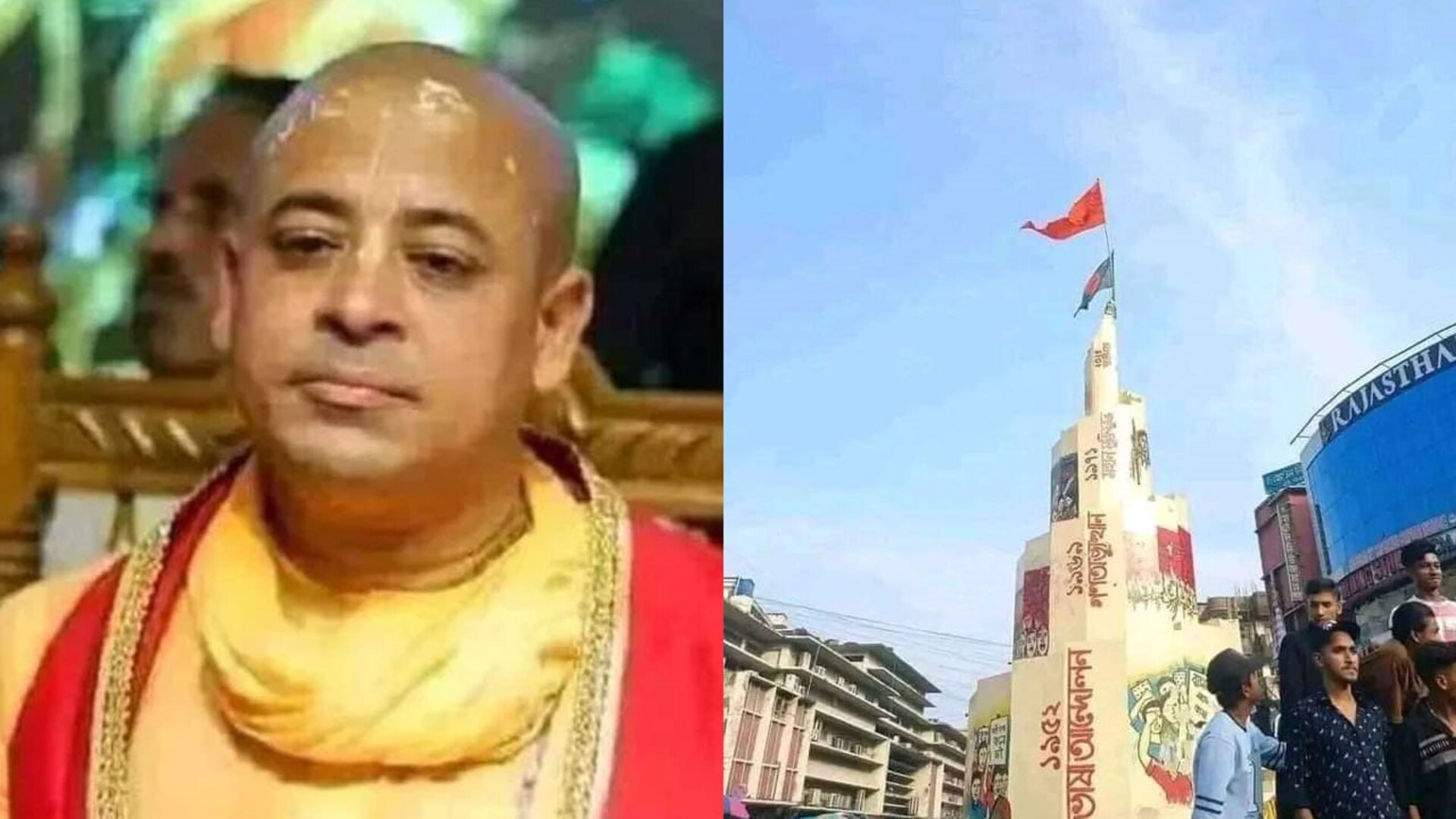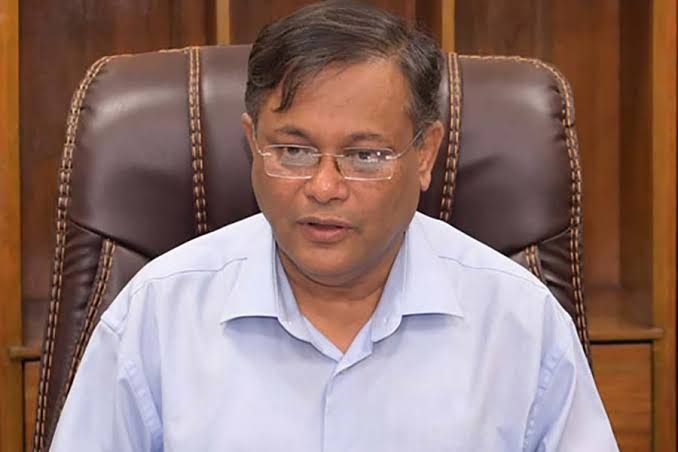The ongoing conflict between Ukraine and Russia, which escalated significantly in February 2022, remains one of the most consequential geopolitical crises of the modern era. Initially a military confrontation following Russia’s full-scale invasion of Ukraine, the war has since evolved into a complex and multifaceted struggle, with profound global implications that extend beyond the battlefield. The conflict has triggered not only humanitarian crises and large-scale displacements but also widespread economic disruptions that have affected countries far beyond Eastern Europe.
What began as a sharp military invasion has now become a prolonged war, reshaping regional borders, intensifying nationalism, and challenging the post-Cold War European order. Amid the devastating human cost, which includes thousands of civilian casualties and destroyed infrastructure, the war has also been characterized by an unprecedented level of international involvement, with NATO countries supplying weapons and imposing economic sanctions on Russia.
While military engagements continue on both sides, there has been a noticeable shift toward diplomatic negotiations, signaling the international community’s growing desire to find a peaceful resolution to the conflict. These diplomatic efforts, spearheaded by a variety of global actors, reflect the urgent need to stabilize the region, mitigate economic fallout, and reduce the risks of further escalation. In addition to the political and military dimensions, the conflict is also reshaping global economics, energy security, and international alliances, making it a pivotal moment in the 21st century’s geopolitical landscape.
This detailed report examines the latest developments in the Ukraine-Russia war, the evolving role of diplomacy, and how the conflict is reshaping global politics, economics, humanitarian efforts, and international alliances on an unprecedented scale.
The Roots of the Ukraine-Russia Conflict
The Ukraine-Russia war is deeply rooted in historical, political, and territorial tensions that date back to the collapse of the Soviet Union. Ukraine gained independence in 1991, and in the subsequent years, it balanced relationships with both Russia and the West. However, tensions flared up in 2014 when Russia annexed Crimea following a controversial referendum. Russia’s support for separatist movements in Ukraine’s Donetsk and Luhansk regions further deepened the crisis.
This conflict set the stage for the full-scale invasion in 2022, as Russia attempted to prevent Ukraine from moving closer to the West, particularly the European Union (EU) and NATO. The war has since become a defining moment in both countries’ modern history, with lasting effects on regional and global dynamics.
Diplomatic Efforts: A Shift Toward Negotiation
As of 2024, both Ukraine and Russia are grappling with the realities of a protracted conflict that has strained their resources, economies, and populations. While the military confrontation has not yet ceased, there has been increasing emphasis on diplomacy, particularly as both sides recognize the war’s significant toll.
A. The Role of International Mediators
Global powers and international organizations have taken on key roles in facilitating dialogue and mediating between the warring parties. Some of the major players involved in diplomatic efforts include:
- Turkey: Turkey has positioned itself as a neutral mediator, maintaining close relations with both Russia and Ukraine. Turkish President Recep Tayyip Erdoğan has facilitated talks and brokered humanitarian deals, including an agreement to allow Ukrainian grain exports to resume, which had been disrupted by the conflict.
- United Nations: The UN, under Secretary-General António Guterres, has focused on humanitarian efforts, calling for ceasefires to protect civilians and facilitate the delivery of aid. The UN has also been instrumental in diplomatic discussions aimed at preventing further escalation and addressing global concerns such as food insecurity.
- United States and European Union: The U.S. and the EU have supported Ukraine through military aid, sanctions on Russia, and diplomatic pressure. Despite their backing of Ukraine, both the U.S. and EU have been involved in encouraging negotiations, particularly through back-channel diplomacy aimed at reducing the conflict’s broader global impact.
- China: China has maintained a complex position in the conflict. While it has refrained from outright condemning Russia’s actions, it has pushed for diplomatic solutions. China’s role as an economic partner to both Russia and Ukraine positions it as a potential key player in future peace talks, although its strategic interests remain a balancing act.
B. Diplomatic Developments and Ceasefire Talks
Several recent diplomatic initiatives have marked a potential turning point in the war:
- Geneva Peace Talks: In early 2024, Ukrainian and Russian officials met in Geneva to discuss potential pathways to peace. Although the talks did not result in an immediate ceasefire, they were a significant step toward addressing humanitarian concerns and laying the groundwork for more comprehensive negotiations in the future.
- Turkey’s Ceasefire Proposal: Turkey has proposed a series of temporary ceasefires to allow for humanitarian aid and safe evacuation corridors. These efforts have been partially successful, particularly in war-torn areas like Mariupol and Kherson, where civilians have faced severe hardships due to ongoing fighting.
- Territorial Disputes: A key issue in the negotiations remains the status of Crimea and the Donbas region. Ukraine demands the return of its territories, while Russia insists on maintaining its control. Discussions have explored the possibility of international peacekeepers overseeing a demilitarized zone, though this remains a contentious issue.
- Security Guarantees for Ukraine: Ukraine’s desire to join NATO has been a major factor in the conflict. While full NATO membership for Ukraine is not on the table, discussions around providing security guarantees from NATO countries are ongoing. This approach could help reassure Ukraine’s security while addressing Russia’s concerns about NATO expansion.
The War’s Impact on Global Relations and the Economy
The Ukraine-Russia war has not only affected the two nations directly involved but has also reshaped global geopolitics and economies, with ripple effects felt across continents. Two of the most significant consequences of the war have been the global energy crisis and the disruption of global food supplies.
A. The Global Energy Crisis
Europe’s heavy reliance on Russian energy supplies, particularly natural gas and oil, has made the conflict a critical factor in the global energy market. Following Russia’s invasion of Ukraine, Western nations imposed severe sanctions on Russia, targeting its energy exports. In response, Russia has reduced or cut off energy supplies to several European nations, leading to a crisis.
- Shift in Energy Policy: Europe, which was highly dependent on Russian energy, has accelerated its efforts to diversify its energy sources. Countries like Germany and France are investing heavily in renewable energy, nuclear power, and alternative suppliers such as liquefied natural gas (LNG) from the U.S. and Qatar.
- Rising Energy Costs: The reduction in Russian energy supplies has led to skyrocketing prices, causing inflation across Europe and beyond. The energy crisis has also strained political relations within the EU as member states struggle to agree on collective responses to the energy shortfall.
B. Global Food Security
Ukraine is one of the world’s largest exporters of grain, and the war has significantly disrupted its agricultural production and export routes. This has led to global shortages of essential foodstuffs like wheat, barley, and corn, exacerbating food insecurity in many developing nations.
- Grain Export Deal: The UN-brokered grain export agreement between Ukraine and Russia allowed Ukrainian agricultural products to resume shipping via the Black Sea, alleviating some of the pressure on global food markets. However, continued fighting near key agricultural areas threatens future supplies, keeping food prices high and raising concerns about famine in vulnerable regions.
C. Shifts in Global Alliances
The war has also led to shifts in global political alliances and power dynamics. The conflict has deepened divisions between the West and Russia, solidifying NATO’s role and prompting countries like Finland and Sweden to apply for membership in the alliance. At the same time, Russia’s growing isolation has driven it closer to China and other non-Western powers.
- Realignment of International Relations: Countries that have historically maintained neutral stances are now being forced to reconsider their foreign policies. Eastern European nations, for example, have become more closely aligned with NATO and the EU, while countries in Africa and the Middle East face increasing pressure to take sides in the conflict.
The Road Ahead: Challenges and Prospects for Peace
As the Ukraine-Russia war continues, the future remains uncertain. The potential for a diplomatic resolution exists, but there are significant obstacles that must be overcome before lasting peace can be achieved.
A. Major Obstacles to Peace
- Territorial Integrity: The question of Ukraine’s territorial integrity remains one of the most difficult challenges in the peace process. Ukraine insists on the return of all its occupied territories, including Crimea, while Russia is unwilling to give up the regions it has claimed. The potential for a compromise solution, such as granting autonomy to certain areas, is being explored but faces resistance from both sides.
- Security Arrangements: Ukraine’s security concerns are paramount in any peace agreement. While NATO membership remains a distant prospect, alternative security guarantees, such as defense agreements with Western countries, could be a way to address Ukraine’s need for protection from future aggression.
- Humanitarian Crisis: The ongoing humanitarian disaster in Ukraine, with millions displaced and vast areas of infrastructure destroyed, complicates the peace process. Rebuilding Ukraine will require significant international assistance and cooperation, but it is difficult to achieve as long as fighting continues.
B. Prospects for a Diplomatic Solution
Despite these challenges, there is cautious optimism that diplomacy could eventually bring an end to the conflict. The fatigue of prolonged warfare, combined with the economic toll on both Russia and Ukraine, may push both sides toward a negotiated settlement. International mediators and regional powers will play crucial roles in shaping any potential peace agreement.
However, the path to peace is fraught with difficulties, and it is clear that the war’s long-term consequences will continue to shape global politics, economics, and security for years to come.
In conclusion, the Ukraine-Russia conflict has moved into a new phase where diplomacy and international relations are playing increasingly significant roles. While military operations continue, the focus on negotiation and global dialogue offers a potential pathway to resolving the war and mitigating its far-reaching effects on global stability.
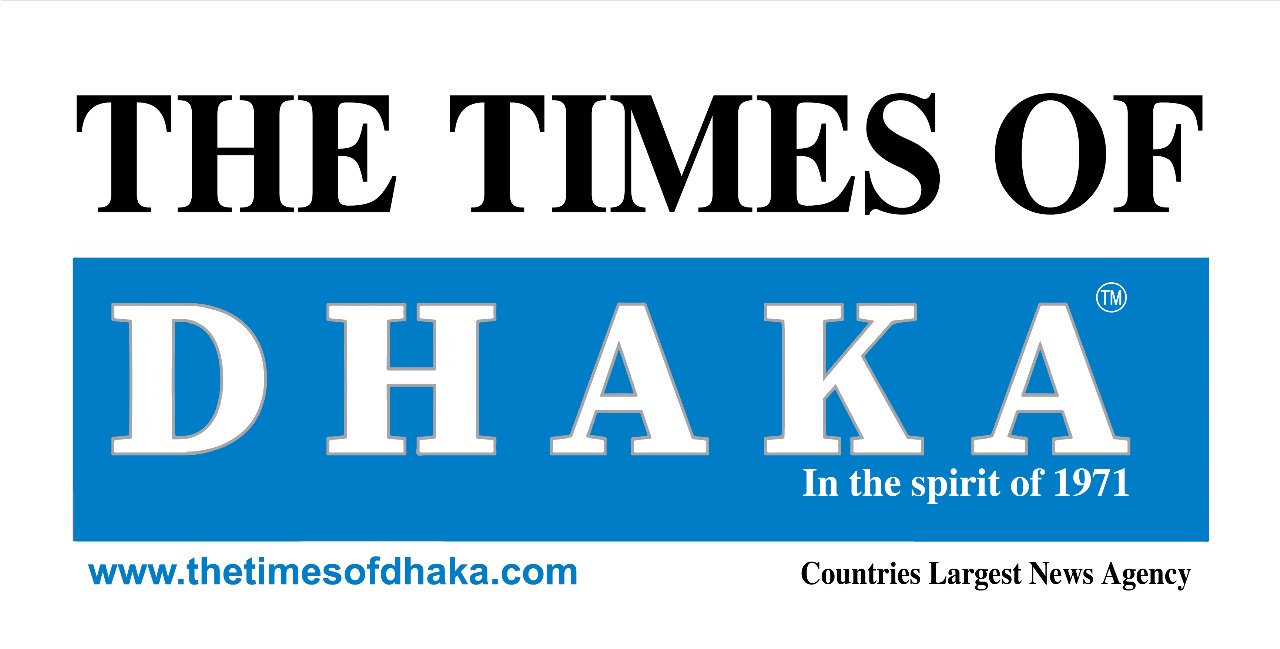
 A.B.M. Abir
A.B.M. Abir 